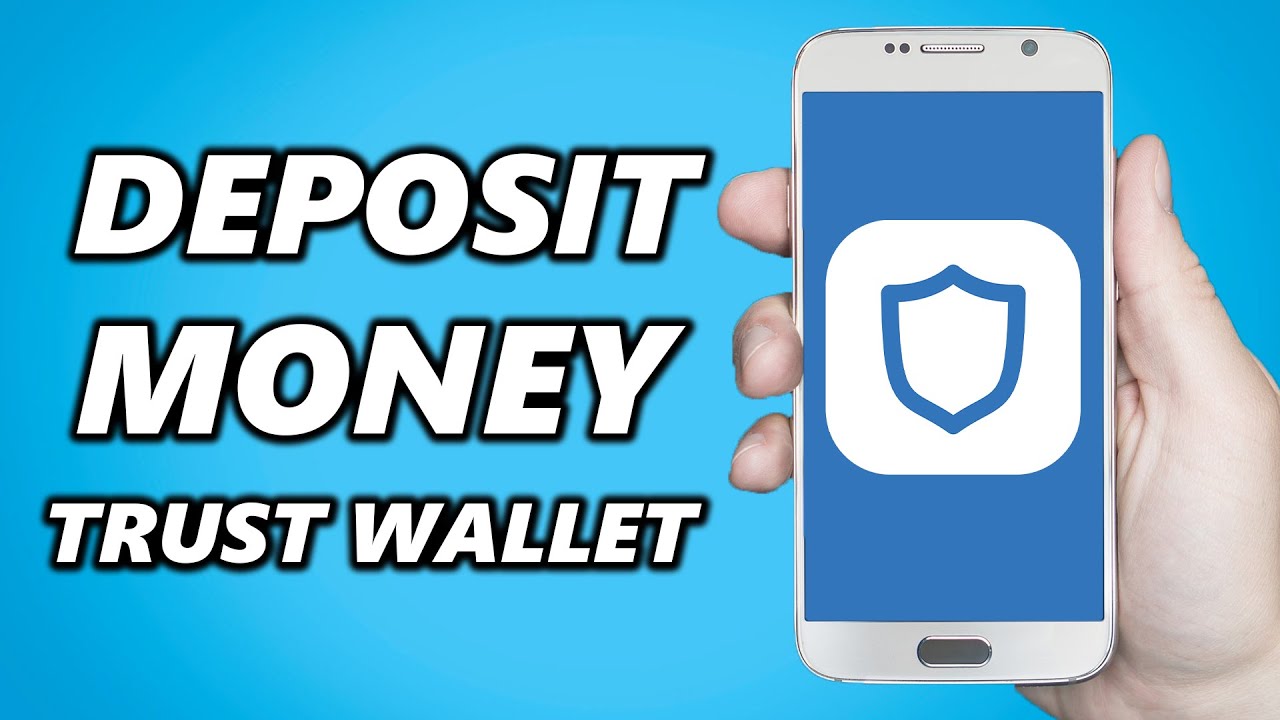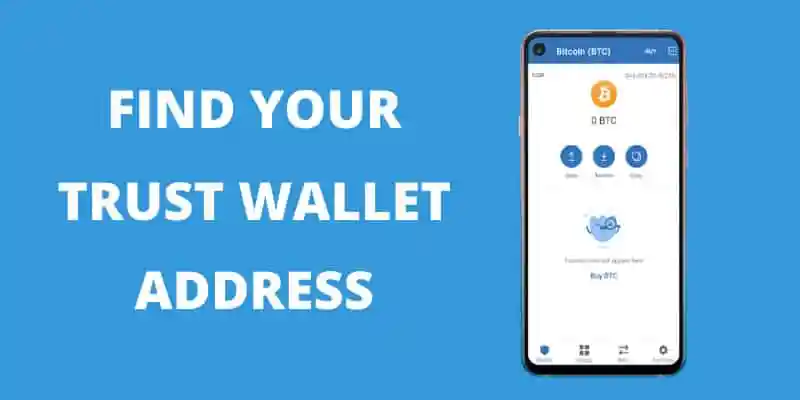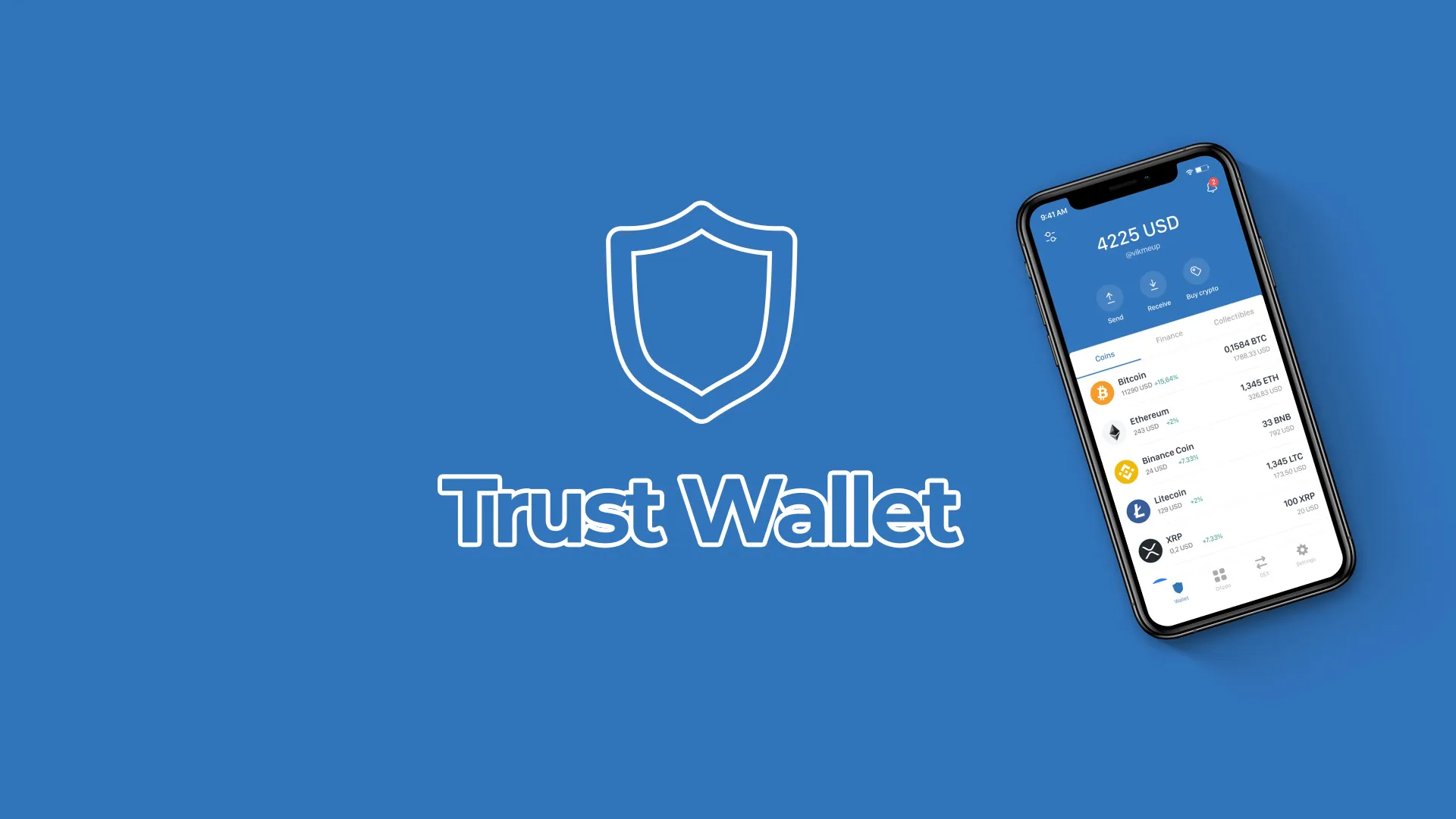Trust Wallet itself does not track users’ personal information. As a decentralized wallet, it prioritizes user privacy and does not collect personal data. However, blockchain transactions are public and can be viewed on the network by anyone.

Understanding Trust Wallet’s Privacy Measures
Encryption Standards in Trust Wallet
- Trust Wallet uses industry-standard encryption protocols to secure users’ private keys and sensitive data within the application.
- Data stored on users’ devices is encrypted, ensuring that even if the device is compromised, the information remains protected.
- Communication between the Trust Wallet app and servers or blockchain networks is secured using advanced cryptographic methods to prevent eavesdropping or data tampering.
Anonymity Features within Trust Wallet
- Trust Wallet does not require personal information for setting up a wallet, which enhances user anonymity.
- The wallet generates new addresses for transactions to prevent linking transactions to a single user.
- Users have the ability to interact with decentralized applications (dApps) and blockchain services directly from the wallet without revealing personal identity.
How Trust Wallet Secures User Data
- Private keys are stored locally on the user’s device and not on any centralized servers, giving users full control over their assets.
- Trust Wallet includes additional security features like biometric recognition and passcodes to prevent unauthorized access to the wallet application.
- The wallet regularly undergoes security audits and updates to address emerging threats and vulnerabilities, ensuring users’ data and assets are protected against the latest security risks.
Tracking Transactions in Trust Wallet
Nature of Blockchain Transparency and Its Impact on Tracking
- Blockchain technology inherently supports transparency, as all transactions are recorded on a public ledger that is accessible to anyone.
- This transparency allows for the tracking of transaction histories and wallet balances, making blockchain networks inherently auditable and transparent.
- However, the identities behind the transactions are pseudonymous, typically represented by blockchain addresses, not directly linked to personal identities.

How Trust Wallet Interacts with Public Blockchain Data
- Trust Wallet acts as an interface, allowing users to access and interact with blockchain data without storing this data on its servers.
- When a user initiates a transaction or checks their balance, Trust Wallet retrieves data directly from the blockchain, ensuring up-to-date and accurate information.
- Trust Wallet does not alter blockchain data; it only reads and interprets data to display in a user-friendly manner within the app.
Tools to Analyze Transactions on Blockchains
- Block explorers are essential tools that allow users to search and analyze the blockchain for transaction details, wallet addresses, and block information.
- Users can input a transaction ID or wallet address into a block explorer to view the transaction history and details associated with that address.
- Advanced analytical tools and services can aggregate and interpret blockchain data to identify patterns or track the flow of assets, although these are typically used by researchers or regulatory bodies rather than individual users.
Enhancing Privacy While Using Trust Wallet
Best Practices for Maintaining Anonymity in Crypto Transactions
- Use a new address for each transaction to avoid linking transactions to a single identity.
- Consider mixing services or privacy-focused cryptocurrencies if anonymity is a high priority, but be aware of the legal implications.
- Be cautious about sharing information related to your crypto activities on social media or public forums.
Features in Trust Wallet that Support Privacy
- Trust Wallet provides a non-custodial service, meaning users have full control over their private keys and, consequently, their funds.
- The wallet generates new addresses for transactions, helping to prevent transaction history from being easily traced back to the user.
- Trust Wallet allows users to interact with decentralized applications directly, reducing the need to share personal information.
Tips for Enhancing Personal Security on Trust Wallet
- Regularly update the Trust Wallet app to ensure you have the latest security features and fixes.
- Enable additional security features in Trust Wallet, such as biometric locks or passcodes, to secure access to your wallet.
- Back up your recovery phrase securely and never share it with anyone. Store it in a safe place, separate from your digital devices, to prevent digital theft.
Trust Wallet’s Compliance with Regulations
How Trust Wallet Adheres to Regulatory Standards
- Regulatory Compliance: Trust Wallet ensures compliance with relevant financial regulations and standards governing cryptocurrency wallets and transactions.
- Legal Frameworks: The platform adheres to applicable laws and regulations in the jurisdictions where it operates, ensuring a legal and compliant operation.
The Role of KYC and AML in Trust Wallet Operations
- Know Your Customer (KYC): Trust Wallet may implement KYC procedures to verify the identity of users, helping to prevent fraud and ensure regulatory compliance.
- Anti-Money Laundering (AML): Trust Wallet may incorporate AML measures to detect and prevent illicit activities, such as money laundering and terrorist financing, in accordance with regulatory requirements.

Balancing User Privacy with Legal Compliance
- Privacy Protection: Trust Wallet prioritizes user privacy and employs measures to safeguard users’ personal and financial information.
- Compliance Requirements: While prioritizing user privacy, Trust Wallet also ensures compliance with legal and regulatory requirements related to data protection and financial transactions.
- Transparent Policies: Trust Wallet maintains transparent policies regarding data handling and compliance measures, ensuring users are informed about how their information is used and
Can Trust Wallet transactions be traced?
Yes, Trust Wallet transactions can be traced since they occur on public blockchains where transaction details are accessible through block explorers. However, personal information is not directly tied to these transactions.
Is my personal information private with Trust Wallet?
Trust Wallet does not collect personal information from its users. Your wallet's security and privacy are maintained as long as you keep your recovery phrase and private keys confidential.
How can I improve privacy while using Trust Wallet?
Improve privacy by using different wallet addresses for transactions, being cautious when connecting to DApps, and never sharing your recovery phrase or private keys.
Are Trust Wallet balances visible to others?
Your Trust Wallet balances can be viewed by anyone if they know your public wallet addresses since these are part of public blockchain records.
